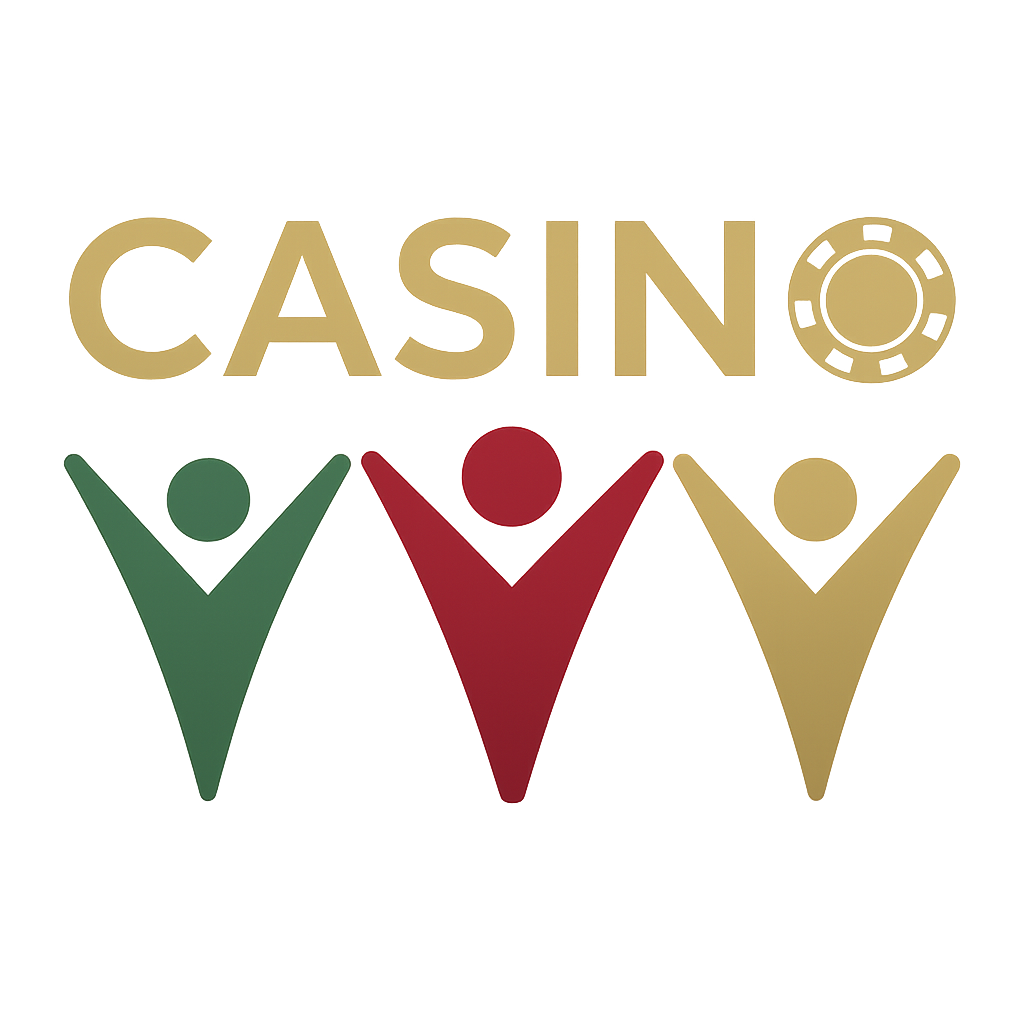
Amidst the rhythmic clatter of slot machines and the soft shuffle of cards, anticipation hangs heavy. Luck is fleeting.
Operational Pitfalls to Consider
Casinos, often seen as empires of chance, are intricate operations where human psychology intertwines with mathematical probability. The dance between these elements can lead to unexpected pitfalls. For instance, poorly managed expectations about luck can lead players to chase losses, a phenomenon known as the gambler’s fallacy. This belief that past outcomes influence future events defies statistical logic, yet it’s a pervasive mindset in gambling environments. Understanding these psychological nuances is crucial for both operators and players.
Editor note: It’s always struck me how hope and belief persist in games of chance
Psychology Luck Casino Beliefs: Frameworks and Applications
The psychology of gambling, explored by the American Psychological Association, delves into these beliefs and their impact on player behavior. According to VeryWellMind, the gambler’s fallacy is a key example of how cognitive biases manifest in casinos (VeryWellMind). Players often convince themselves that a losing streak must eventually end in a win, despite each spin or roll being independent. This misbelief can lead to risky betting behaviors, underscoring the need for a deeper understanding of cognitive psychology in gambling settings.
What drives a person to keep placing bets despite mounting losses? This question threads through the core of casino psychology, revealing how deeply ingrained beliefs about luck can shape behavior. These beliefs are not just personal quirks but are influenced by cultural narratives and societal norms about fortune and fate. Such frameworks provide a rich tapestry for examining how casinos can harness or mitigate these beliefs to create more responsible gaming environments.
Operational Tech Shaping The Psychology of Luck in Casinos
In recent years, technological advancements have begun to shape how the psychology of luck is understood and applied in the casino industry. Sophisticated algorithms and data analytics offer insights into player behavior, allowing operators to predict and respond to gambling patterns more effectively. This intersection of technology and psychology provides a powerful tool for enhancing player experience while promoting responsible gaming practices.
On balance, these innovations help operators create environments that are both engaging and safe. By understanding the psychology of luck and integrating this knowledge with cutting-edge technology, the industry can navigate the delicate balance between entertainment and risk. In short, the future of casinos rests on the ability to understand and harness the complex interplay of belief, behavior, and technology.
Track practical shifts in psychology luck casino beliefs — read CasinoVVV’s global analysis.
What is the psychology of luck in casinos?
The psychology of luck in casinos explores how players perceive luck and how it influences their gambling behavior and decision-making.
How does the illusion of control affect gambling?
The illusion of control can lead players to believe they have more influence over the outcome than they actually do, often resulting in increased betting.
Why do people believe in lucky streaks?
People tend to believe in lucky streaks due to cognitive biases like the gambler's fallacy, where they expect past results to influence future outcomes.
How do cognitive biases impact gambling strategies?
Cognitive biases, such as the availability heuristic and confirmation bias, can skew a player's perception of probability, leading to flawed gambling strategies and risk assessments.
Authored by CasinoVVV’s official editorial team, ensuring every article reflects clarity, depth, and reliability for the global gaming community.
